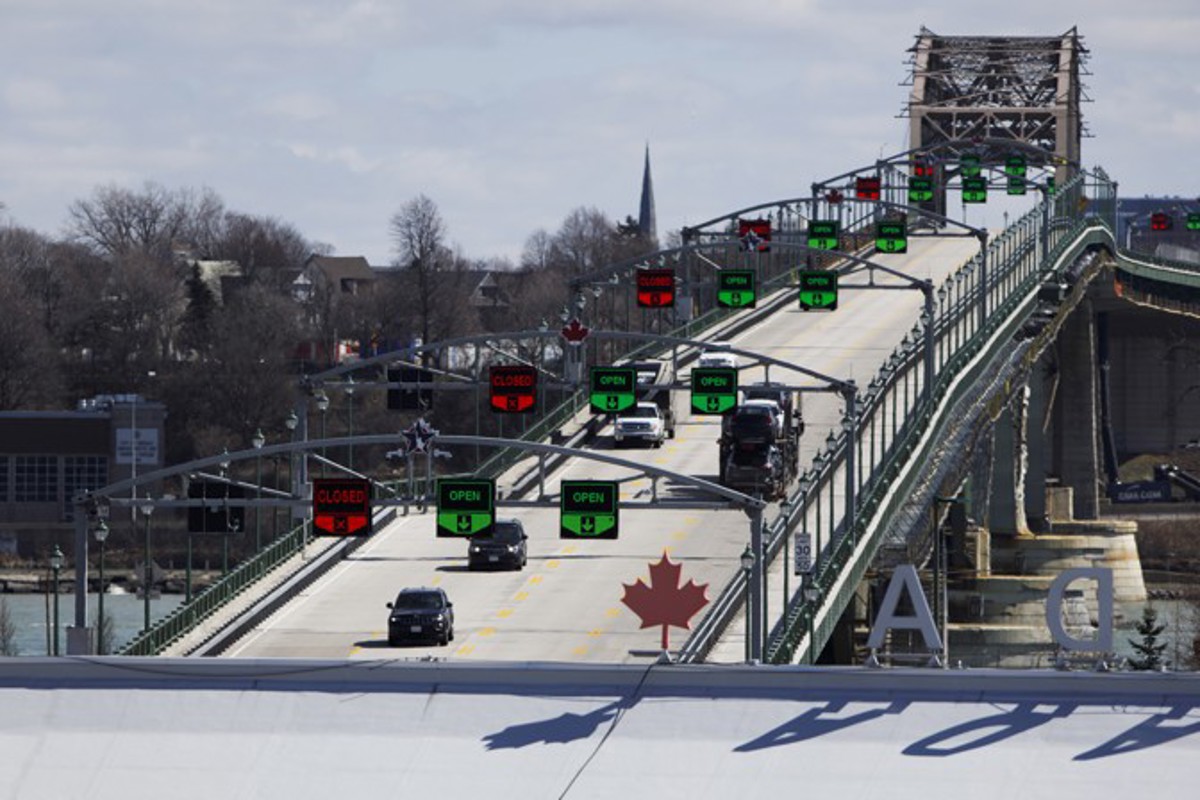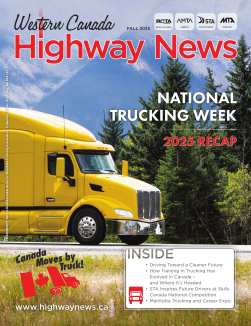
COVID-19: Saskatchewan trucking industry reacts to upcoming border vaccine mandate
Jan 13, 2022
According to the new rules, truckers entering from the U.S. into Canada will be required to present proof of vaccination against COVID-19. It’s a move the federal government hopes will limit the spread of the virus as cases continue to surge across the nation.

However, the decision has generated mixed reactions with some concerned by the move.
Industry experts say it’s going to push about 16,000 drivers out of a job in an already short-staffed sector since those drivers may still choose to not get vaccinated.
“Our main goal here is to make sure our province and country don’t experience a significant supply chain disruption,” Jordan Ewart, manager of policy and government relations for the Saskatchewan Trucking Association. “We move about $650 billion worth of trade across the Canada-U.S. border every single year.”
Ewart said the province is already dealing with an acute driver shortage, and with the predicted exodus of drivers caused by the mandate, he believes it will certainly cause disruptions in a province which relies heavily on exports.
He mentioned he has spoken to members within their association who expect to lose upwards of 25 per cent of their drivers. Those members are now scrambling to prioritize loads, prioritize customers or just ensuring truck capacity is available.
“There will certainly be pockets of our economy that might be affected whether that is a rural community or the agriculture sector,” Ewart explained.
“We have heard throughout this period here that drivers are certainly going to exit the industry based on these mandates.”
Ewart added that the amount of vaccinated truckers Canada-wide is comparable to the nation’s vaccination rate.
Western Canada Highway News
Categories | COVID-19
Tags | ArriveCan, Business Operations, Cross Border, Driver Shortage




